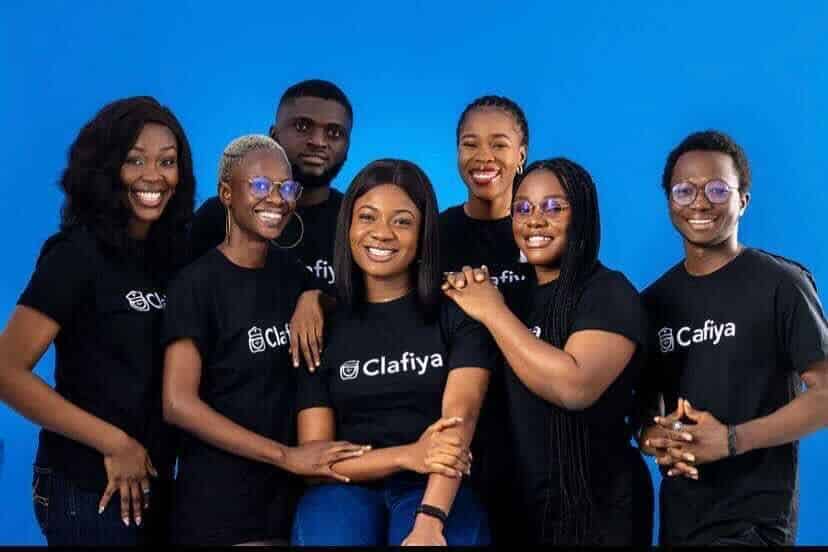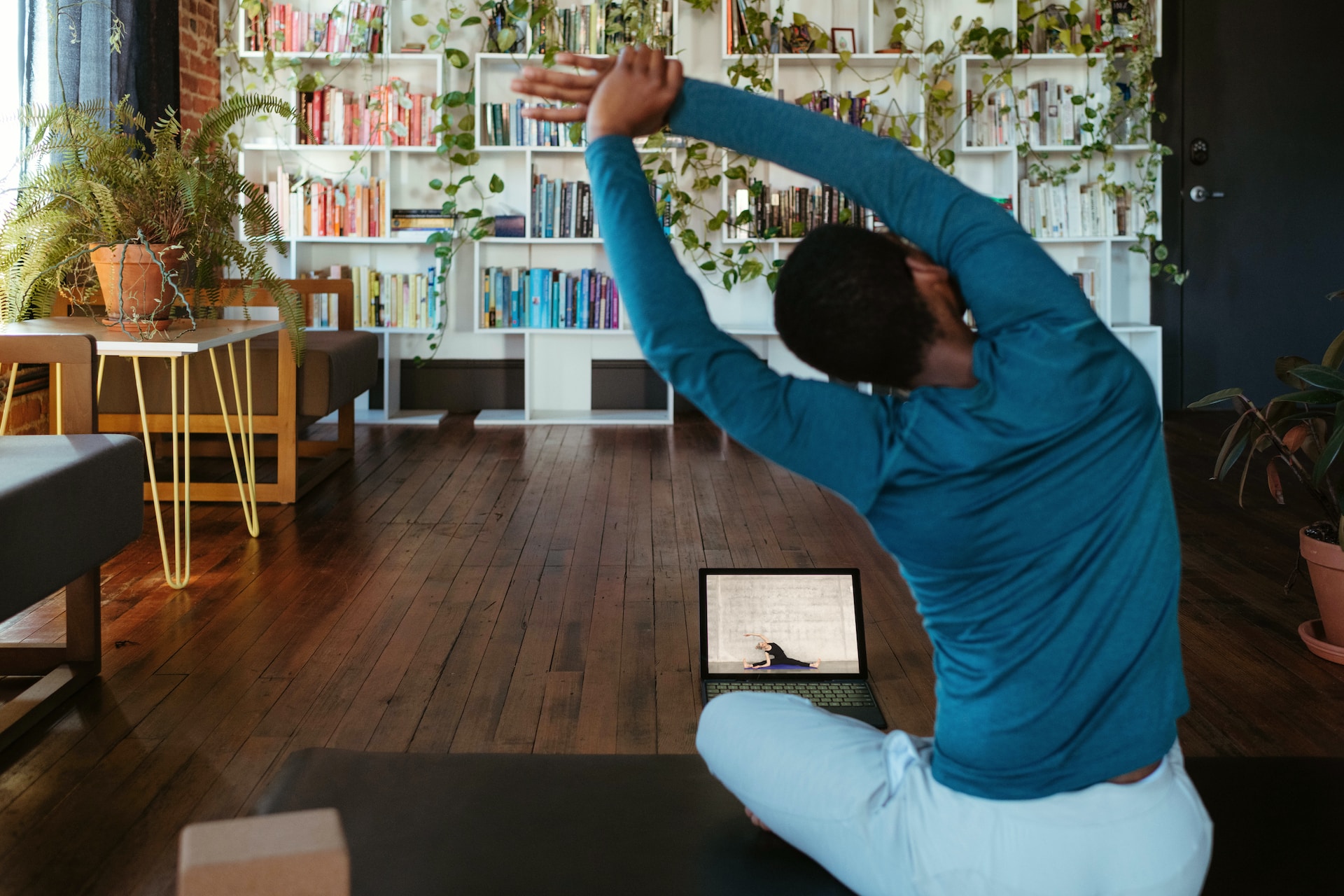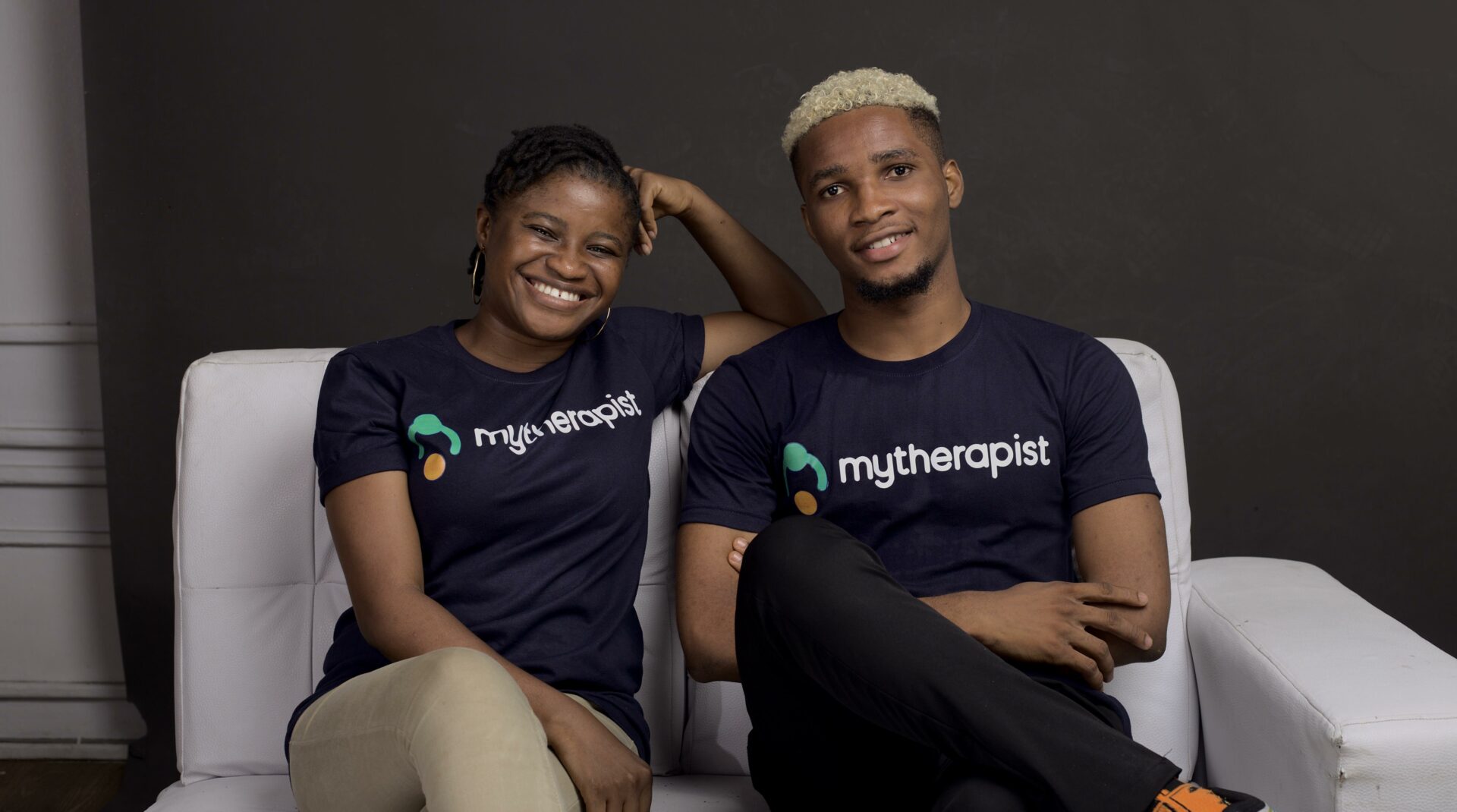In 2000, Jennie Nwokoye, the founder of a Nigerian healthtech startup, Clafiya, moved to Nigeria with her family when as a child. For someone born and raised in the United States, that was the first time she encountered difficulty accessing basic healthcare.
She and her family stayed in the country for five to six years before moving back to the United States.
As an adult, she returned to Nigeria every year and noticed that the problem — limited access to healthcare — remained unsolved.
So, as a graduate student specialising in systems engineering at Georgetown University, United States, in 2018, she began developing the concept of Clafiya.
“When I was accepted to Georgetown, our first class was like an introduction to systems engineering, and then we had to choose a complex system to write about. And I consider Nigeria’s healthcare system complex, particularly its primary healthcare,” Nwokoye explains.
That was how she began writing about Clafiya from an academic standpoint. Until her professors told her to make something out of it, she didn’t give it much thought because Clafiya was just a topic of interest to her.
“I got a lot of support from my professors. They also encouraged me to pitch at Georgetown. So, I participated in pitch competitions around Georgetown. And I won some money here and there. And I realised I could bring it to life,” Nwokoye says.
Even as a graduate student, Nwokoye claims she would travel to Nigeria to talk to locals to understand the culture and spend time conducting customer discovery because she didn’t have enough lived experience in Nigeria.
It wasn’t until 2021 that she created the MVP for Clafiya while working with Amazon. She left the eCommerce giant in the same year to focus on Clafiya.
“Building a startup in Africa, particularly Nigeria, is hard. And it’s harder for black women. However, what is rewarding about this experience is the impact we can have on our customers’ lives and the lessons we can learn from the market to continue to develop and grow,” Nwokoye says.
In addition to her background in systems engineering, she has the grit and passion to solve customers’ pain points.
How Clafiya is making healthcare accessible
Clafiya, which means “community wellness”, is on a mission to promote healthy communities throughout Africa and the rest of the world, starting with Nigeria.
For context, Clafiya is a combination of two words: community and lafiya, a Hausa word for wellness. Hausa is a language spoken in Northern Nigeria.
The company offers hybrid primary care services to maintain control over the value chain and the quality of care provided. Anyone can register on its platform and sign up for its service.
It also targets small and medium businesses, where employers provide services for their staff by offering health care to them. These employees can also register their families, providing health insurance to them.
“It’s like an Uber model in that you sign up, schedule an appointment, and we send the nearest healthcare practitioner to you. So, a nurse or community health officer will come to you to provide in-person primary care,” Nwokoye says.
Patients can pay ₦5,000 ($10.86) to receive in-person care while communicating with doctors virtually via video call.
“So you’ve got two people with you during your consultation. You have your nurse or community health officer in person, and your doctor is there virtually,” she emphasises.
Additionally, patients can receive health care without an in-person visit if they only want a virtual consultation. This costs ₦2,500 ($5.43).
Clafiya offers consultation, health education, rapid diagnostic tests for malaria and typhoid, STD testing, and screening for hypertension, diabetes, or blood sugar. It also provides in-person maternity care testing.
Besides, it provides care navigation and refers patients to different healthcare facilities.
According to Nwokoye, “This part is cool because our partnerships with them entail you getting priority treatment. Because you’ve already received primary care, all you need now is secondary or tertiary care from the referred hospital.”
For instance, if you received primary care from Clafiya but later decided you needed more specialised care, the company may refer you to one of its partner hospitals, where Nwokoye claims there will be no waiting period.
Clafiya also partners with pharmacies and other healthtech companies that can deliver medications to users on request.
The startup collaborates with other healthtech startups to collect samples from users’ homes or workplaces for analysis in a lab. It also refers them to one of its local partners if they require in-person screening.
Clafiya works with platforms that use technology to support mental health and provides therapy or consultation services.
Although partners set the prices for their offerings, Nwokoye says they’re discounted fees.
These services are available through Clafiya’s website or the USSD code *347*58#. The company is currently working on a mobile app, which will be available in the fourth quarter of 2023.
Leveraging community health despite challenges

Clafiya claims to be the first in Nigeria to combine telemedicine and in-person visits though some healthtech startups focus on the former.
It is common for rural populations to travel great distances to access healthcare services, especially subspecialist services, but Clafiya is changing this trend through its USSD feature.
In addition, urban residents can use the USSD code to request home visits from doctors if they can’t easily access healthcare due to hospital wait times.
With its USSD feature, users can access healthcare from their homes whether they have a smartphone or not.
While Nigeria has a population of over 200 million people, Statista shows that there are currently between 25 and 40 million smartphone users in Nigeria.
Consequently, the startup distinguishes itself by providing health care via its USSD, removing barriers to accessing healthcare in Nigeria.
Clafiya has received funding from VCs, such as Microtraction, and has participated in the Google for Startups Black Founders Fund 2022 and Norrsken Impact Accelerator 2022.
Clafiya works with over 100 businesses and has 2,000 registered users. The company is looking to grow its user base to 5,000 by the end of 2023.
One of the challenges it faces is uncertainty about the regulations governing the operation of healthtech startups in Nigeria.
Additionally, due to the high doctor-emigration rate among healthcare professionals, Clafiya relies on nurses or community health officers to deliver some “level of care.”
“Brain drain is a problem. That’s why we’re utilising nurses and community health officers who are also the cornerstones of health in our communities but underutilised or underpaid,” Nwokoye says.
Finding the right talent is another challenge, as is putting the necessary infrastructure in place, including a reliable Internet connection, power supply, and traffic congestion that makes it difficult to reach customers on time.
Nwokoye claims that overcoming these challenges makes the startup journey exciting because “that’s where we experience our creative and innovative ways of getting things done in Nigeria.”
With 22 employees as of publication time, Nwokoye is enthusiastic about her co-workers because they are intelligent and passionate about the issue they are tackling.
Clafiya is currently developing a beta version of its product for businesses.
“We are building a product that allows SMEs to provide affordable, convenient, quality primary care services with flexible payment options for their employees,” Nwokoye says.
Even though the startup is only in Lagos and Enugu States now, it plans to be in every state in Nigeria. “With our virtual platform, we can technically [be in every Nigerian state.] However, it will take time for that in-person care that our patients love to spread to other regions of Nigeria,” Nwokoye concludes.











